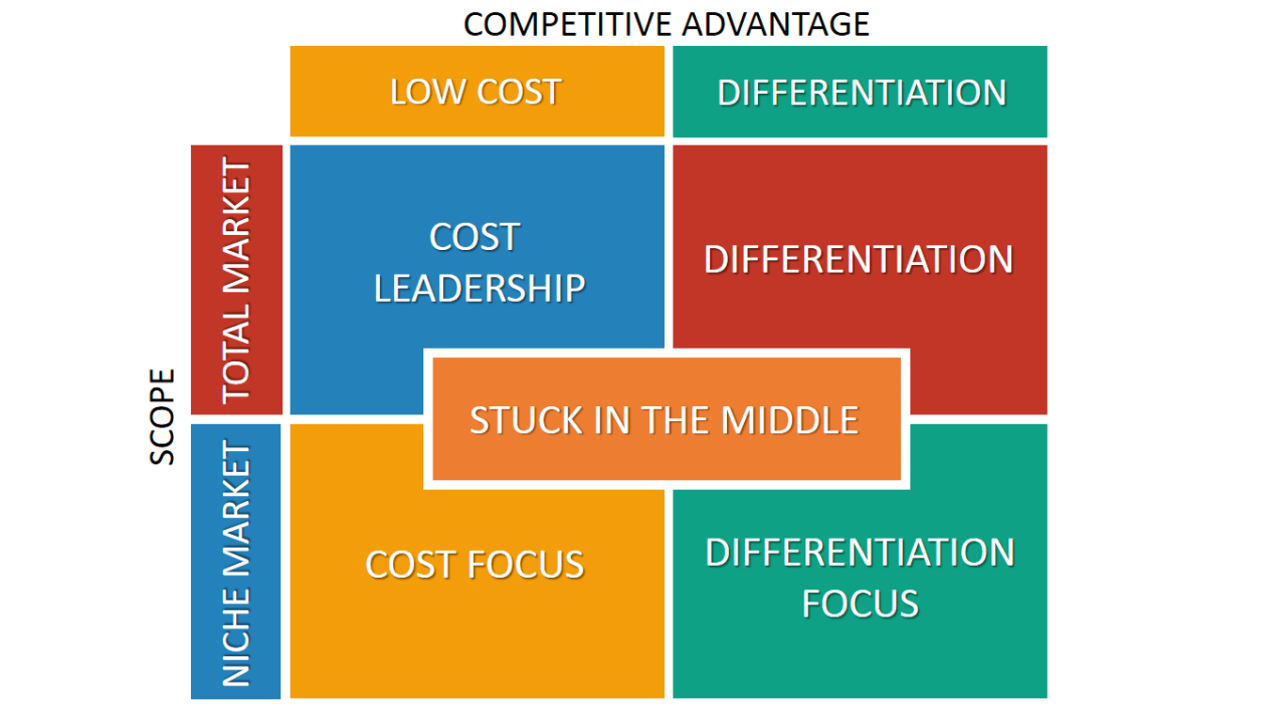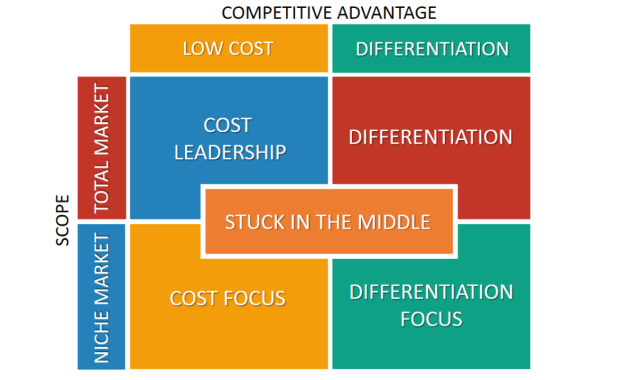Top Cryptocurrency Trends in 2024: What You Need to Know – Top Cryptocurrency Trends in 2024 What You Need to Know unveils an exhilarating landscape where innovation and technology converge to reshape the financial realm. As we stand on the brink of a new era, understanding these trends is essential for anyone looking to navigate the digital currency market effectively. From the rise of decentralized finance to the increasing adoption of blockchain solutions, 2024 promises a thrilling journey filled with opportunities and challenges that can redefine investment strategies.
In this rapidly evolving environment, staying informed about the latest advancements and potential pitfalls will empower investors, enthusiasts, and industry professionals alike. Embracing knowledge about these trends will not only foster smarter decision-making but also enhance understanding of cryptocurrency’s role in our interconnected world.
Persuasion is not merely a skill; it is an art form—a delicate dance between the speaker and the audience. Whether you are presenting a groundbreaking idea at work, convincing your friends to try a new restaurant, or even negotiating a deal, the ability to persuade can significantly impact your life. In today’s world, where information flows faster than ever and opinions clash like titans, mastering the art of persuasion is essential for success.
Understanding Persuasion
At its core, persuasion involves convincing others to see the world through your lens. It’s about influencing thoughts, emotions, and actions. But before diving into the techniques, it’s vital to understand the psychology behind persuasion. According to psychologist Robert Cialdini, there are six principles of influence: reciprocity, commitment and consistency, social proof, authority, liking, and scarcity. Each principle taps into fundamental human behaviors, making them powerful tools in the persuader’s arsenal.
The Six Principles of Persuasion
1. Reciprocity
The principle of reciprocity suggests that people are more likely to respond positively to a request if they feel they owe you something. This could be as simple as lending a helping hand or providing valuable information. By establishing a give-and-take relationship, you create a sense of obligation, making your audience more open to your ideas.
2. Commitment and Consistency
People have a natural desire to be consistent with their commitments. If you can get someone to agree to a small request, they are more likely to agree to a larger one later on. This principle is why many successful fundraising campaigns start with a small ask; once people commit, they feel compelled to follow through.
3. Social Proof
Humans are social creatures, and we often look to others for cues on how to behave. Social proof involves using the actions or opinions of others to influence your audience. Testimonials, reviews, and case studies can be incredibly effective in demonstrating that a product or idea is trustworthy and widely accepted.
4. Authority, Top Cryptocurrency Trends in 2024: What You Need to Know
People are naturally inclined to follow experts. When you present yourself as a credible authority on a subject, your audience is more likely to trust your opinions and suggestions. Building your authority can be achieved through education, experience, and demonstrating expertise in your field.
5. Liking
We are more likely to be influenced by people we like. Building rapport and establishing a connection with your audience can significantly enhance your persuasive efforts. This can be achieved through shared interests, humor, or simply showing genuine concern and empathy.
6. Scarcity
The sense of scarcity can drive urgency and action. When people believe that opportunities or items are limited, they are more likely to take immediate action. Highlighting exclusivity and limited-time offers can be an effective way to encourage your audience to act quickly.
Crafting Your Message
Now that you are familiar with the principles of persuasion, it’s time to craft your message. A persuasive message should be clear, concise, and compelling. Start by understanding your audience—what are their needs, desires, and pain points? Tailor your message to resonate with them, addressing their concerns while demonstrating how your idea, product, or service can improve their lives.

The Power of Storytelling
One of the most effective ways to enhance your persuasive messages is through storytelling. Humans are hardwired to respond to stories; they evoke emotions and create connections. When you share a personal anecdote or a relevant story, you make your message relatable and memorable. Stories can illustrate the benefits of your proposal, making it easier for your audience to visualize the potential impact.
Practice Active Listening: Top Cryptocurrency Trends In 2024: What You Need To Know
Effective persuasion is not a one-way street; it requires active listening. Engaging with your audience, asking questions, and genuinely considering their feedback can help you address concerns and adapt your message in real-time. By showing that you value their input, you build trust and rapport, making them more receptive to your ideas.
Overcoming Objections
Even the most persuasive speakers will encounter objections. Instead of viewing objections as roadblocks, see them as opportunities to reinforce your message. Anticipate potential concerns and prepare thoughtful responses. Acknowledge the objection, empathize, and then provide a counter-argument or additional information that addresses the concern. This approach demonstrates that you are not only confident in your message but also considerate of your audience’s viewpoint.
Practicing Your Persuasion Skills
Like any skill, persuasion requires practice. Start by engaging in small conversations where you can experiment with different techniques. Observe the reactions of your audience and refine your approach based on their responses. Seek feedback from trusted friends or colleagues to identify areas for improvement.
Conclusion
In a world filled with noise, the ability to persuade can set you apart. By mastering the principles of persuasion, crafting compelling messages, and practicing your skills, you can influence others effectively. Remember, persuasion is not about manipulation; it is about connecting with others and helping them see the value in your ideas. Embrace the art of persuasion, and watch as doors open and opportunities unfold in your life.















